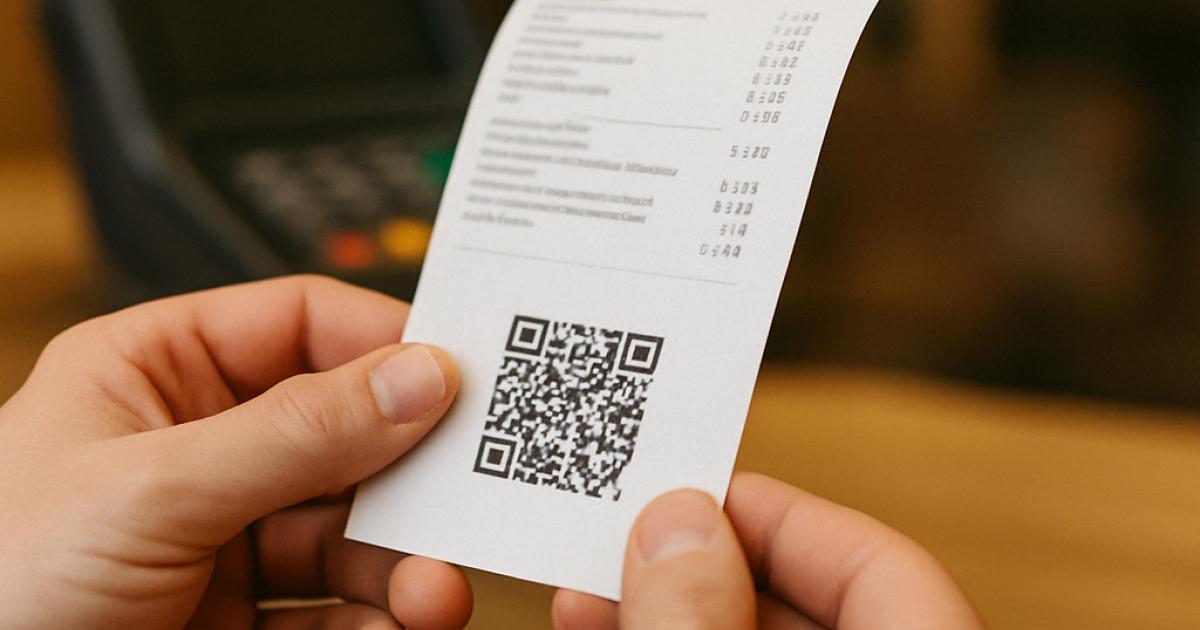
Verifactu: update and actual implementation schedule
Verifactu is no longer just an announcement for July 2025 - deadlines and obligations have been adjusted, and some regulations are already being implemented in practice. Below are the most important changes and the current legal status.
Current regulations and latest modifications
- Real Decreto 1007/2023 (December 5, 2023): regulates requirements for IT systems and programs that support the invoicing process for entrepreneurs and professionals, as well as standards for invoice records.
- Real Decreto 254/2025 (April 1, 2025): amends RD 1007/2023, mainly in terms of compliance deadlines.
- Orden HAC/1177/2024 (October 28, 2024): specifies detailed technical, functional and content requirements for electronic invoicing (SIF) systems.
Actual deadlines for mandatory implementation
July 2025 was originally indicated, but the duties were eventually postponed:
| Subjects | Date of implementation of Verifactu |
|---|---|
| Companies / entities subject to corporate income tax | January 1, 2026 |
| Self-employed (autónomos) and other taxpayers | 1 July 2026 |
| Software manufacturers and vendors | From July 28, 2025, they may only sell Verifact-adapted versions |
Six-month deferral for autónomos: according to AEAT and Real Decreto 254/2025, the self-employed are not required to adjust until July 1, 2026. - This means a six-month extension of time compared to companies.
What's already working
As of April 23, 2025, the first Verifact-related services are available at AEAT's electronic headquarters, including:
- sending invoice records (Article 15),
- for Verifactu's systems: uploading and downloading custom records of verifiable invoices,
- for recipients: verification of invoices by QR code and the ability to download records sent by suppliers.
What has changed from the original assumptions
- Postponement of deadlines - the obligation will not start in July 2025, but in 2026 (January 1 for companies, July 1 for self-employed).
- Exceptions - some taxpayers already operating in the SII system will have partial exemptions, but this does not mean a full waiver of obligations.
- Voluntary in transition - use of Verifactu is already possible, but will not become mandatory for most until 2026.
Confirmed technical responsibilities
- Invoicing programs must ensure data integrity, durability, traceability, accessibility, readability and immutability.
- Each invoice must contain a QR code for verification in AEAT.
- Invoice registers must be generated automatically when a document is issued.
- Systems that allow data to be modified or deleted without a trace are unacceptable.
Sanctions and risks
- The use of non-certified software after the obligation comes into effect can result in fines of up to €50,000 a year.
- Penalties are also foreseen for software vendors that offer versions that do not comply with Verifact after July 2025.
- The most serious cases (e.g., systems that allow the concealment of sales) can be treated as crimes.
Free software from AEAT
The Spanish Tax Agency has announced the availability of a free invoicing application. It is intended to be a basic tool, operating within AEAT's electronic headquarters, for entrepreneurs who do not use commercial Verifactu-compliant programs.
- The application will allow to issue compliant invoices, generate QR codes and send data directly to AEAT.
- However, it is rudimentary in nature - it will not replace the company's extensive management systems.
- Information about it and detailed FAQs can be found on the AEAT website: AEAT - Sistemas Informáticos de Facturación Verifactu
Conclusions
What was originally planned for July 2025 has been postponed: full mandatory Verifactu will begin in 2026 - with a distinction in timing for companies and the self-employed.
By now, entrepreneurs should:
- verify that their invoicing software is compliant with the new requirements,
- plan budget and training for employees,
- prepare processes for automatic data transfer,
- consult a tax advisor, especially when operating in different regions (e.g., parallel use of TicketBAI),
- consider using AEAT's free software if they do not want to invest in commercial systems.







